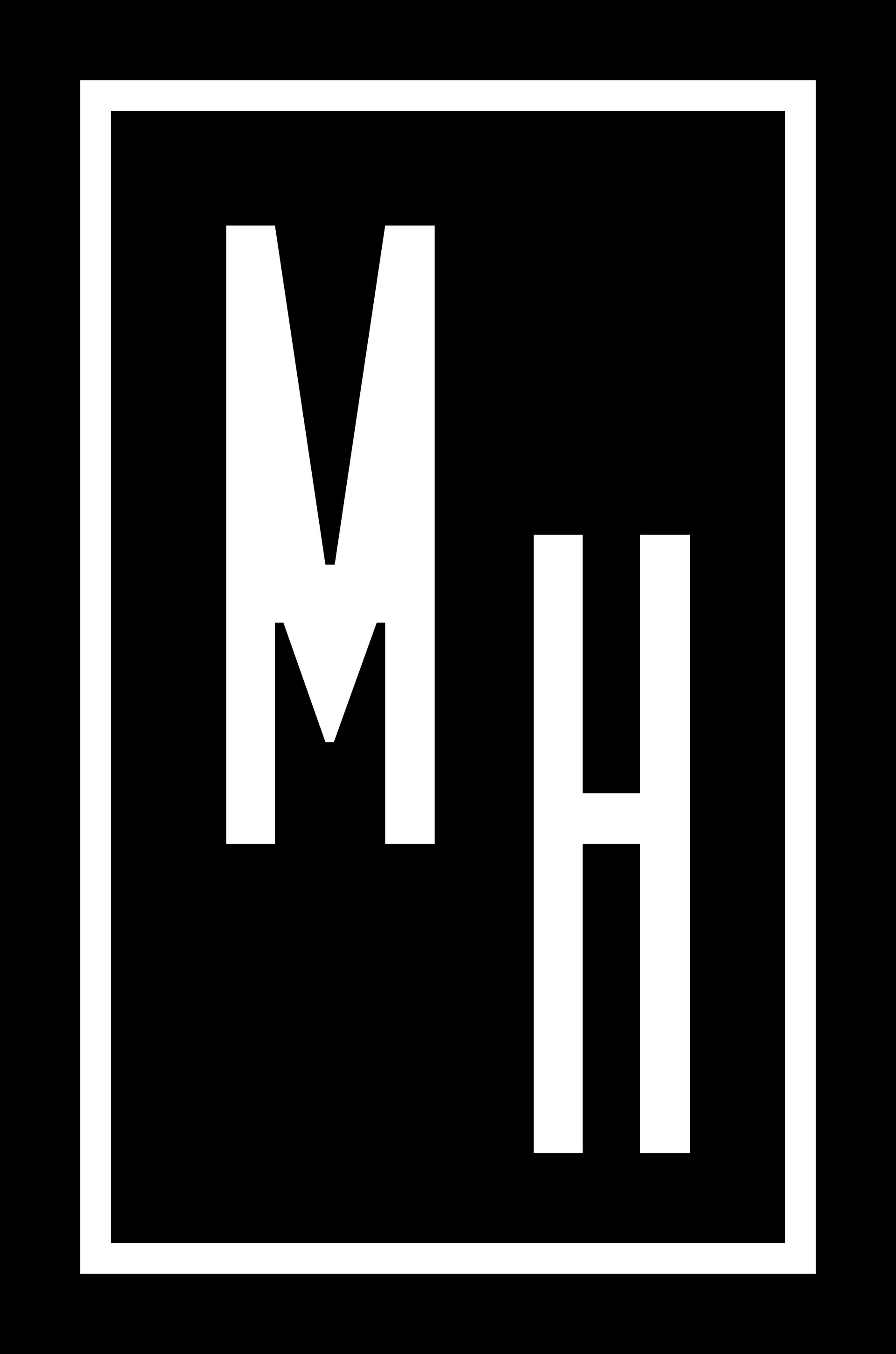
Understanding Insurance
Insurance Terms

Health insurance can be confusing, but understanding a few key terms can help you make sense of it all. Let's break down the basics: premiums, deductibles, coinsurance, and out-of-pocket max.
Premiums
Think of your health insurance premium as a membership fee you pay every month to your insurance company. It's like a subscription that keeps your insurance policy active. The premium amount can vary based on factors like your age, location, and the coverage you choose. Paying your premium on time ensures that you're covered by your health insurance plan.
Deductible
The deductible is the amount you have to pay out of your own pocket for covered health care services before your insurance starts to pay. Let's say your plan has a $500 deductible. You'll need to pay the first $500 of your medical expenses. After you've met your deductible, your insurance plan will kick in and start sharing the costs with you.
Coinsurance
Coinsurance is the percentage of costs you pay for a covered health care service after you've met your deductible. For example, if your health insurance plan has a 20% coinsurance after the deductible, and the total cost of a covered service is $1000, you'll pay $200 (20% of $1000) while your insurance will cover the remaining $800. It's a way of sharing the costs between you and your insurance company.
Out-of-Pocket Max
Every insurance plan has a maximum limit on how much you have to pay out of your own pocket in a year. This limit is called the out-of-pocket maximum. Once you've reached this limit, your insurance plan will cover 100% of the costs for covered services. It includes the deductibles, coinsurance, and copayments you've paid throughout the year. Knowing your out-of-pocket max can give you peace of mind, knowing that there's a cap on your potential expenses.
In summary, understanding health insurance is about knowing these four terms:
1. Premiums: Regular payments to keep your insurance active.
2. Deductible: Amount you pay before your insurance starts covering costs.
3. Coinsurance: Percentage you pay for covered services after meeting the deductible.
4. Out-of-Pocket Max: Maximum limit on your yearly out-of-pocket expenses.
Having health insurance helps you manage your healthcare costs and ensures you can get the care you need when you need it. Make sure to read your policy carefully and ask questions if you're not sure about any terms or conditions. Stay informed, and you'll be better prepared to navigate the world of health insurance.
MalaryHealth
